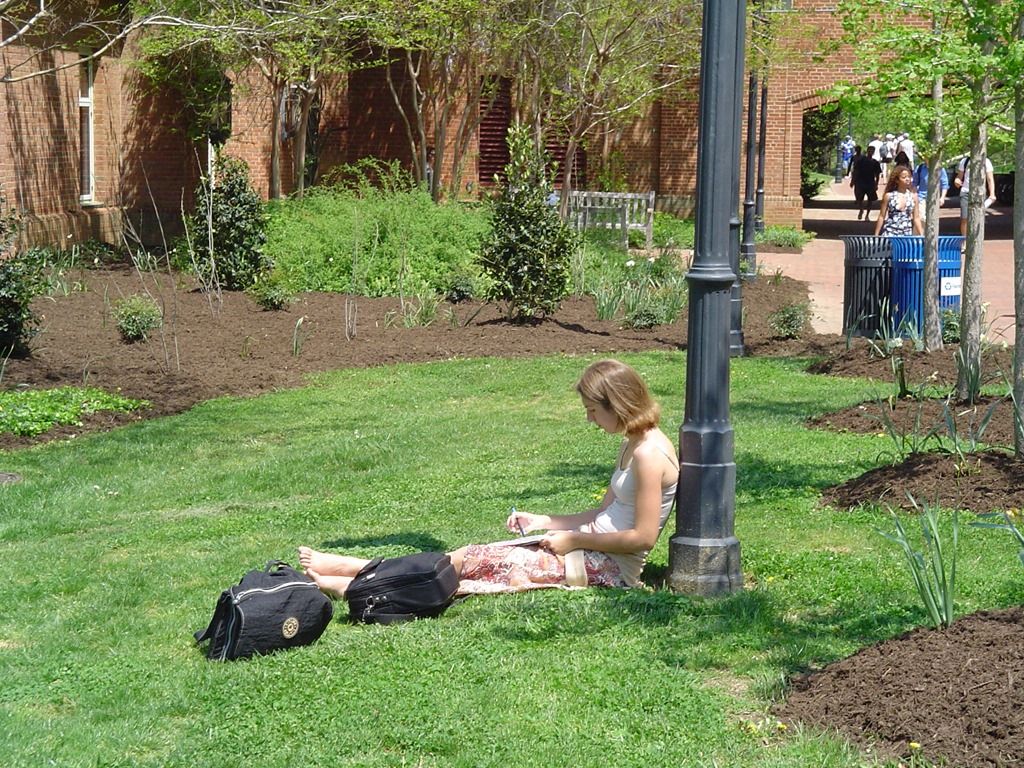By Noa Blane Damelin, Digital Features Editor
COVID-19 has affected the nation's mental health, with students having been hit particularly hard. According to the University of Bristol 2019 Student Mental Health and Wellbeing Survey, 45% of Bristol students with diagnosed mental health conditions who sought treatment used University wellbeing services.
As a result, hundreds of students had their mental health support services abruptly pulled out from under their feet when COVID-19 forced the University to shut its doors in March. For these students, the onset of the COVID-19 pandemic meant that they could no longer access the mental health and wellbeing support that they had previously relied on.
after nearly five months of this, every student's mental health has plummeted so sharply that it's laughable to think our performance is going to be the same as it was pre-pandemic. i'm definitely not equipped to return to academia like everything's fine + my peers aren't either
— wife city, to me (@MiaAriasTsang) July 21, 2020
COVID-19 is widely accepted to be a high risk for exacerbating existing mental health conditions. Beat, the national eating disorder awareness charity, have reported that demand for their services has increased by 72% since the coronavirus outbreak.
Some students are returning home to environments in which their parents or close family members may be unaware that they have a mental health condition, or unable to help cope with the condition appropriately.
Other students have been forced to return to hostile or unsafe home environments as a result of national lockdown measures.
📻PODCAST: CEO, Andrew Radford and @CPriceBeatED, of @beatED, the UK’s Eating Disorders charity, share how agility and innovation helped them respond to the increasing demand for support, whilst funding was less certain.
— Good Thinking (@GoodThinkingUK) July 7, 2020
Listen to the full interview here https://t.co/nohrCPL65a pic.twitter.com/wBhUuFpYpo
On the other hand, some students have been unable to return home at all. International students and students who have parents or family members who are shielding may have had to spend the last few months alone in University accommodation.
The student population as a whole faces huge uncertainty around the state of Higher Education next year, as many Universities face financial stress and a few fear insolvency. With lectures being moved online and teaching styles shifting to meet social distancing guidelines, it is clear that the coming year is going to look very different to the University experience that students typically anticipate.
Financial stresses are not limited to higher education institutions, either; students around the country have expressed anxiety around the crippling effects of graduating in an economic recession, and the daunting prospect of finding a job in a shrinking job market.
The onset of the COVID-19 pandemic meant that many students could no longer access the mental health and wellbeing support that they had previously relied on.
Ruth Day, SU Student Living Officer, spoke to Epigram about why it is so important to look after student mental health in the particular context of COVID-19:
‘Student mental health should always be a priority, but it is especially important right now as many students are feeling isolated due to lockdown and there is huge uncertainty about what the future holds.
'Furthermore, Coronavirus and lockdown have disproportionately affected certain groups of students, and it’s extremely important that we recognise this and look to provide these students specialist support.’
Student Minds, the national student mental health charity, are one example of a place that students can turn to for support if they are struggling with mental health issues at the current time.
A group of University of Bristol students have spent the last six weeks working with Student Minds to produce a student-led survey, asking students around the UK one simple question: What mental health and wellbeing support services do you want to see from your University and Students’ Union next year?
Filling in this survey is one way in which you can tell the Higher Education sector what you want to see for better wellbeing support as a University student. The survey is live from 27 July until midnight on 2 August, and it only takes 5 minutes to fill in.
Featured Image: Eastern Mennonite University / Flickr
Fill in the 5 minute survey here: https://forms.gle/85232MbUXLwnx4Cd8









